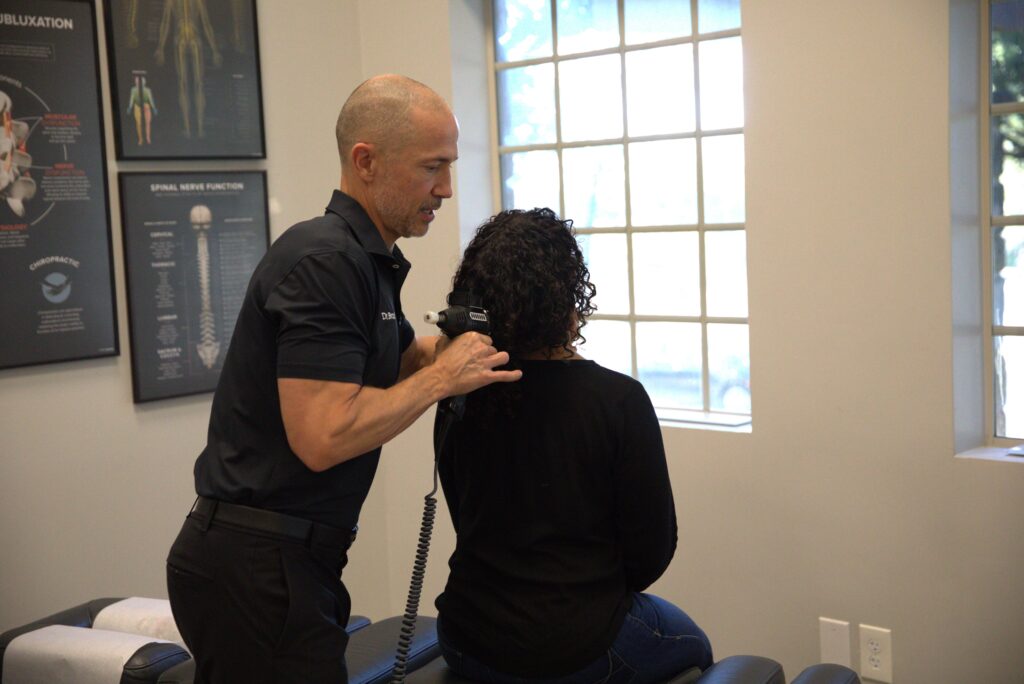After reviewing a number of recent medical studies, I conclude that a multivitamin supplement is good nutritional insurance for everyone. The topic of multivitamins and their benefit, or lack thereof, has been circling around my office for years. Conflicting research results have led some to claim that multivitamins are a waste of money, so it’s important that we clear up this matter now.
One headline on WebMD proclaims, “Experts: Don’t Waste Your Money on Multivitamins,” as though this was a definitive truth. The author of the article made such a bold, wide-sweeping declaration based on three studies published in the “Annals of Internal Medicine.” Not so fast, let’s take a closer look at these studies and see if we can’t make some sense of the issue.
Before we dive into each of these studies mentioned on WebMD, I want to share why I think the studies are flawed from the beginning.
—-Human beings are not petri dishes—-
Health problems like dementia, cancer, and heart disease are multifactorial. Disease is usually a culmination of many things going wrong, requiring a multifaceted solution. If you have 10 people with heart disease, all 10 may have different causes behind their heart disease. Have we not learned this yet? Each year we are promised that the new blood pressure pill, or new statin, will lower heart disease, yet each year more and more people die of these ailments. Health does NOT come in a pill, whether or not that pill is a drug or a multivitamin.
Overview of the studies
Long-Term Multivitamin Supplementation and Cognitive Function in Men
Purpose:
The researchers were trying to determine if a multivitamin-mineral (MVM) supplement would boost memory in men over 65 years of age.
Results:
- There was no benefit in memory among supplement takers over the placebo group.
- There was a cancer reduction benefit, however, for some reason this result was not showcased.
Potential Problems with the study:
- The study was conducted on a sample population consisting only of medical doctors. This does not represent the population that benefits most from a multivitamin-mineral supplement, mostly because of their health education and their financial means.
- Waiting until age 65 to begin a vitamin regimen to enhance memory may be too late; the damage has already been done.
Oral High-Dose Multivitamins and Minerals After Myocardial Infarction<
Purpose:
To determine if a MVM supplement would prevent heart attack survivors from suffering another heart attack.
Results:
- There was no benefit in preventing a second heart attack or extending life.
Potential Problems with the study:
- Is anyone surprised that taking a multivitamin does not prevent a second heart attack if all other lifestyle factors remain the same?
- This is a poor choice of a study to draw the conclusion that a multivitamin is a waste of money. That’s like conducting a study to assess the impact of drinking eight glasses of water a day on preventing a second heart attack. When the results come back that water consumption does not prevent a second heart attack, researchers conclude that drinking eight glasses of water a day is a waste of time!
Vitamin and Mineral Supplements in the Primary Prevention of Cardiovascular Disease and Cancer/h4>
Purpose:
This was a comprehensive review of research to see if there is any validation in taking a MVM supplement to ward off cancer and heart disease.
Results:
- The results showed some benefit to males in cancer prevention,but none in females.
Potential Problems with the study:
- The purpose of this article was to review and summarize existing research findings about the effectiveness of a multivitamin-mineral supplement. However, the author chose to omit numerous research papers that demonstrate the effectiveness of supplementation. Cherry-picking studies in this way is guaranteed to provide the answer the author seeks.
Case in point, here is a study that concluded, “In this large prevention trial of male physicians, daily multivitamin supplementation modestly but significantly reduced the risk of total cancer.” Yes, you read that correctly. In 2012, a study concluded that a MVM supplement helped reduce cancer among medical doctors, but the media did not highlight that. Unbelievable!
Many diseases that eventually kill, including heart disease, cancer, diabetes, are all ‘silent’ in the early stages. It is only at the end stages of these diseases that we begin to get symptoms. Why is it so difficult to see the same with vitamin and mineral intake?
Vitamins and minerals are necessary at the cellular level for all bodily functions, ranging from energy production to DNA repair, yet it’s possible to have a nutrient insufficiency and have no symptoms. Dr. Bruce Ames proposed the Triage Theory in an attempt to explain how this occurs. Our body’s innate intelligence will always favor immediate survival functions over less urgent biological tasks. For example, when you get cold, your body diverts blood away from feet and hands towards your vital organs. You can survive longer with a frozen foot than with a frozen lung.
Therefore, in the presence of a vitamin and mineral insufficiency, immediate energy production will take precedence over functions like DNA repair. Insufficiencies may leave long-term processes like DNA repair without the adequate cofactors necessary to ward off degenerative diseases.
My recommendations:
Virtually everyone can benefit from taking a multivitamin-mineral supplement. Nutrient insufficiency is most prevalent with those that consume a high-calorie, low-nutrient diet, which pretty much defines the standard American diet (SAD). Athletes, pregnant women, teens, and the elderly represent additional groups that are particularly susceptible to nutrient insufficiencies. A multivitamin-mineral supplement can provide anyone with cheap insurance to protect against any potential nutrient gaps.
If you have questions or would like to schedule an appointment with Austin chiropractors, contact Healthfirst Spine & Wellness at 512-601-5220.





